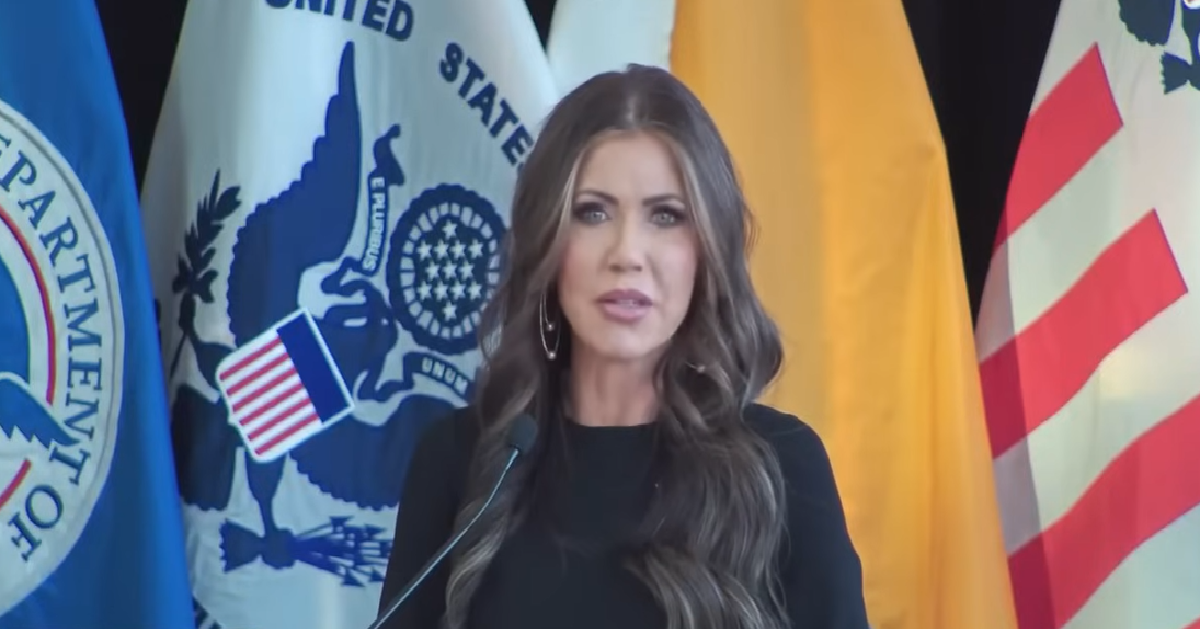Supreme Court split in arguments over disputed conviction of Richard Glossip, a death row inmate Oklahoma AG no longer wants to execute
The Supreme Court on Wednesday heard oral arguments in a unique capital murder case in which both the state and the death row inmate argued against execution.
The justices appeared split on where they stood on the death penalty case of Richard Glossip, making it unclear how the high court might ultimately rule on the matter, according to the New York Post.
Glossip, who was convicted of murder and sentenced to death in 1998 but has already had his execution delayed several times, is now calling for his conviction to be vacated -- and he has Oklahoma's Republican attorney general on his side.
Attorney general and death row inmate on the same side
According to SCOTUSblog, Glossip received a death sentence for his alleged role in the 1997 murder of Barry Van Treese, the owner of an Oklahoma City motel Glossip worked at, who was brutally beaten to death by motel maintenance man Justin Sneed, who in turn claimed that Glossip paid him $10,000 to kill their boss.
Glossip has maintained his innocence over the past couple of decades since his conviction, which he has insisted should be set aside now that he has uncovered evidence that his conviction may be based on false testimony from Sneed and misconduct by the prosecutors.
Just last year, he received a box of potentially exculpatory evidence that prosecutors knew about but had withheld from him the entire time, which included evidence that Sneed lied in his testimony about being prescribed lithium by a psychiatrist for his bipolar disorder and that prosecutors knew he lied but did not correct the record.
Procedural rules, confessions of errors, and a conviction the state doesn't want to defend
Per SCOTUSblog, two separate and independent reports -- the first from a law firm hired by state legislators and the second from a lawyer hired by Republican Oklahoma Attorney General Gentner Drummond -- concluded that there were substantial issues with Glossip's conviction and recommended that his death sentence be set aside as he likely had not received a fair trial.
Those reports were submitted to both the Oklahoma Court of Criminal Appeals and the state's Pardon and Parole Board, but both of those entities rejected Glossip's request for clemency and upheld his conviction and death sentence, which prompted the appeal that was accepted by the Supreme Court and led to another stay of his execution and Wednesday's oral argument.
Much of the hearing was devoted to a discussion of arcane procedural rules and whether the high court even had jurisdiction to intervene over the state entities' decision to move forward with Glossip's death sentence, but the specific details of the case and the new evidence were eventually discussed.
Former U.S. solicitor general Paul Clement, who represented AG Drummond in support of Glossip, told the justices that "Drummond did not confess error here lightly," per the Post, and said, "That confession demanded respectful consideration … instead the [lower] court invoked procedural bars and essentially treated the confession of error as unfounded."
Representing the state, since nobody from Oklahoma would do so, was a former clerk of Chief Justice John Roberts, Christopher Michel, who previously served as an assistant U.S. solicitor general, who argued that because of the procedural bars, the court should "dismiss the case for lack of jurisdiction, leaving petitioner [Glossip] free to pursue state law clemency or other available relief."
"Justice is not served by executing a man based on the testimony of a compromised witness"
In a statement that coincided with the oral arguments, AG Drummond said, "Oklahomans deserve to have absolute faith that the death penalty is administered fairly and with certainty. Considering everything we know about this case, justice is not served by executing a man based on the testimony of a compromised witness."
Indeed, it was shown that Sneed had lied about not just his psychiatric treatments and mental illness on the stand, but other things as well, which called into question his overall credibility, particularly since he had been granted a deal by prosecutors that avoided the death penalty for himself by fingering Glossip as the one to blame for the brutal murder he'd committed.
As noted, it is unclear how the justices will decide the case, as some seemed in favor of Glossip while others appeared to favor allowing his conviction to stand, and a final decision might not come until the end of the court's term in June.
Making that eventual decision even more difficult to predict is that it will come from an eight-member court, as Justice Neil Gorsuch, who previously weighed in on Glossip's case when he was a lower court judge, recused himself from the current proceedings.






